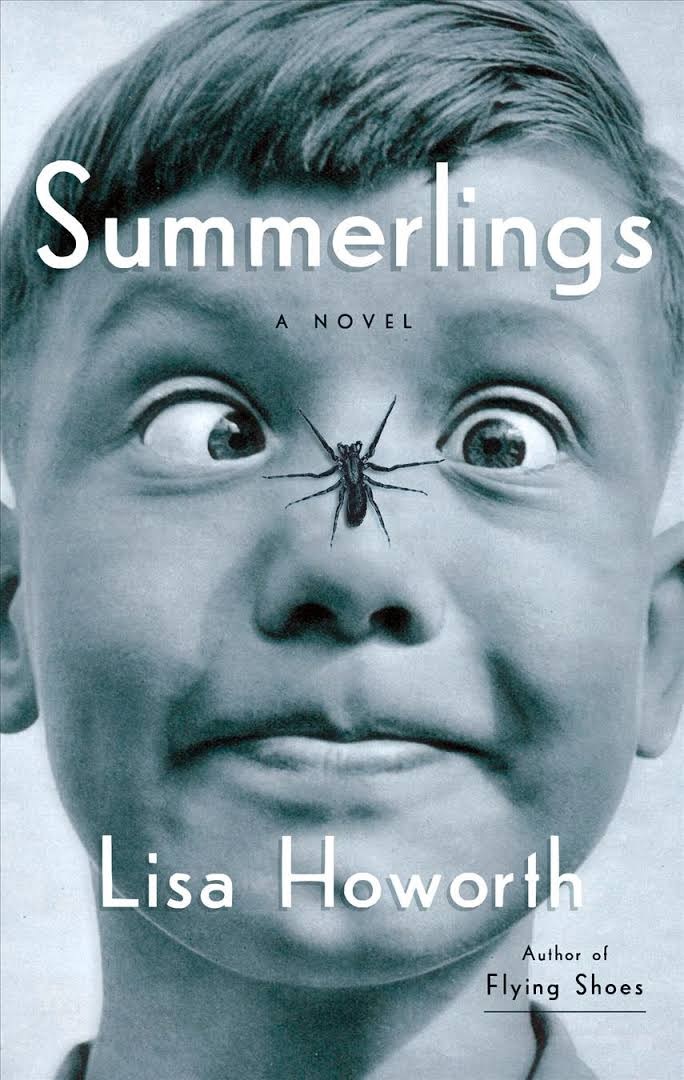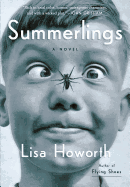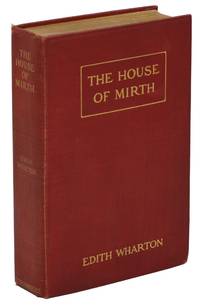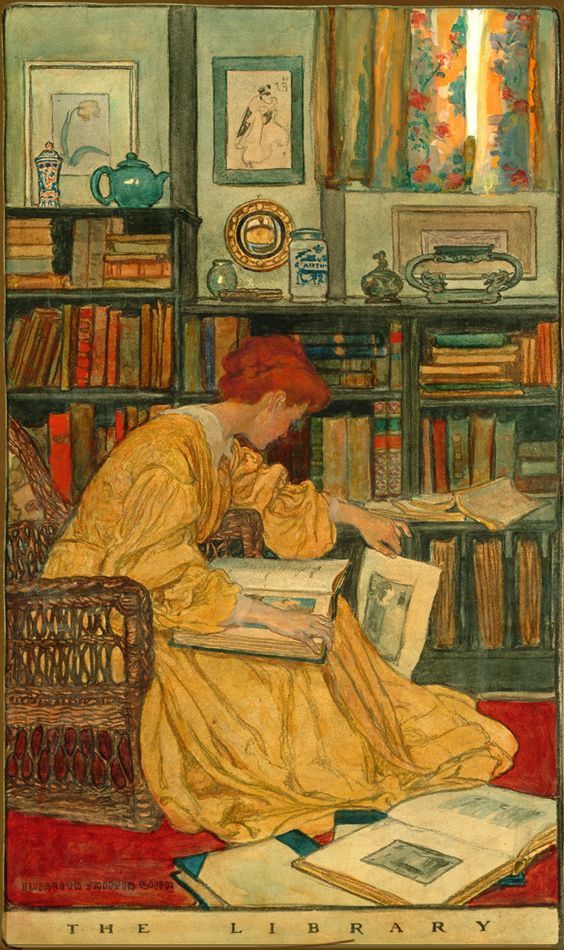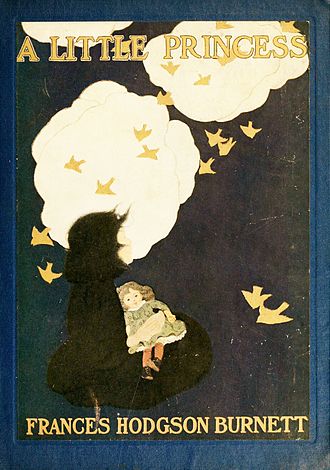Ci7: The ABA Town Hall
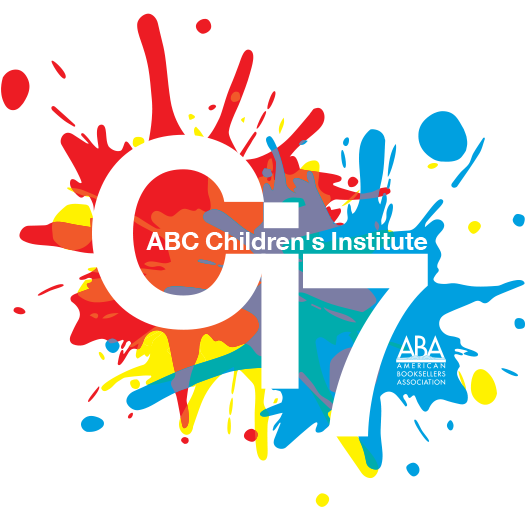 The American Booksellers Association held a member town hall at Children's Institute for the first time yesterday, with booksellers gathering at Ci7 in Pittsburgh, Pa., to discuss a variety of issues. Among the topics brought up for discussion were tariffs, the closure of Baker & Taylor's bookstore business and the need for education catering to more specific bookstore models.
The American Booksellers Association held a member town hall at Children's Institute for the first time yesterday, with booksellers gathering at Ci7 in Pittsburgh, Pa., to discuss a variety of issues. Among the topics brought up for discussion were tariffs, the closure of Baker & Taylor's bookstore business and the need for education catering to more specific bookstore models.
Tariffs
On the subject of tariffs, Jamie Fiocco, ABA board president and owner of Flyleaf Books in Chapel Hill, N.C., reported that she and ABA senior strategy officer Dan Cullen traveled to Washington, D.C., recently to testify on the effects tariffs would have on independent booksellers. She noted that some publishers, as well as representatives of the Association of American Publishers, also testified, but ultimately the decision whether to place any new tariffs comes down to the administration. Fiocco added that she appreciated all of the hard work done by the ABA and said: "We've done what we can."
Baker & Taylor
Fiocco said the closure of B&T's bookstore business was another major focus of the board and ABA staff, and reported that at least through the 2019 holidays there should be options for rapid fulfillment for booksellers on the West Coast. Smaller stores that have lost their e-commerce sites have options through IndieLite, and Fiocco urged any stores facing that sort of situation to contact their ABA member relationship manager.
Minimum Wage
In response to questions about how booksellers are dealing with things like the rising minimum wage and occupancy costs, Fiocco said the ABA's ABACUS data was one of the best tools indies have when it comes to talking with publishers and those in other areas of the book business. She urged any bookseller with the authority to report to ABACUS to do so, and booksellers without that authority should ask their managers if they are reporting. She explained that at present around 300 stores report to ABACUS, and the ABA would like that number to at least double. Without that data, she continued, indies can't show publishers where their help is most needed.
Bookselling Sustainability
Making bookselling sustainable as a career was a significant topic of discussion. Fiocco said all booksellers have a part to play in raising the profile of bookselling and pushing back against the narrative that all indies are struggling and the industry is vanishing. Explaining to publishers the realities of independent bookselling remains a major part of the work being done. Christine Onorati, board member and owner of WORD Bookstores in Jersey City, N.J., and Brooklyn, N.Y., emphasized the board's conversations with publishers and said booksellers don't want to "put new tires on an old car"--they want a whole new car.
Indiebound and E-Commerce
The owner of a small bookstore brought up the monthly cost of the ABA's IndieCommerce platform, saying the price was almost prohibitive for a store of her size, and she wondered if the ABA might implement a sliding scale for fees based on revenue or size of store. She expressed frustration with the comparatively limited functionality of IndieLite, the delay in receiving payments and the way Indiebound makes it easier for a shopper to buy a book outright than to search for a store near them. Fiocco said the board has wrestled with the "instant gratification" nature of Indiebound and whether the ABA can subsidize something that not all members use. It was also pointed out that stores with an "authorized .net account" can receive funds immediately once a sale is completed, and Kenny Brechner, board member and owner of Devaney, Doak & Garrett Booksellers in Farmington, Maine, acknowledged that there may be a case for an "Indie Medium" e-commerce platform.
Calls for Wider Education
Several booksellers called for a greater variety of educational programming pertaining to specific models and sizes of bookstores, such as micro-bookstores or nonprofit bookstores. Fiocco said more feedback about what sort of education is needed is always valuable and urged booksellers to let the board and ABA know what they need. She added that the ABA has considered a "boot camp" for stores that need mentors or one-on-one help. And in response to a bookseller asking for human resources-specific training, Fiocco said the HR education track had largely been dropped but will be making a comeback.
Perception of Children's Books and Children's Bookselling
Both board members and attending booksellers acknowledged the widespread bias against children's books and children's bookselling common throughout the book industry. Board members were in agreement that a lot of work needs to be done to put an end to those biases, both within bookselling and the broader publishing world. Board member Tegan Tigani, bookseller at Queen Anne Book Company in Seattle, Wash., noted that an ABA town hall being hosted at Children's Institute was one sign that things were progressing. --Alex Mutter





IPC.0204.S3.INDIEPRESSMONTHCONTEST.gif)




 Yesterday morning, at the seventh annual ABC Children's Institute underway in Pittsburgh, Pa., ABA president Jamie Fiocco welcomed a ballroom full of children's booksellers and publishing professionals to the opening keynote. After a quick word from Dan Verdick, director of national sales at this year's sponsor, Baker & Taylor Publishing Services, Fiocco again took the stage to declare Ci7 the biggest institute yet: with 62 scholarships awarded, there are 330 booksellers (more than half of whom are first-time attendees) from 230 stores in attendance.
Yesterday morning, at the seventh annual ABC Children's Institute underway in Pittsburgh, Pa., ABA president Jamie Fiocco welcomed a ballroom full of children's booksellers and publishing professionals to the opening keynote. After a quick word from Dan Verdick, director of national sales at this year's sponsor, Baker & Taylor Publishing Services, Fiocco again took the stage to declare Ci7 the biggest institute yet: with 62 scholarships awarded, there are 330 booksellers (more than half of whom are first-time attendees) from 230 stores in attendance.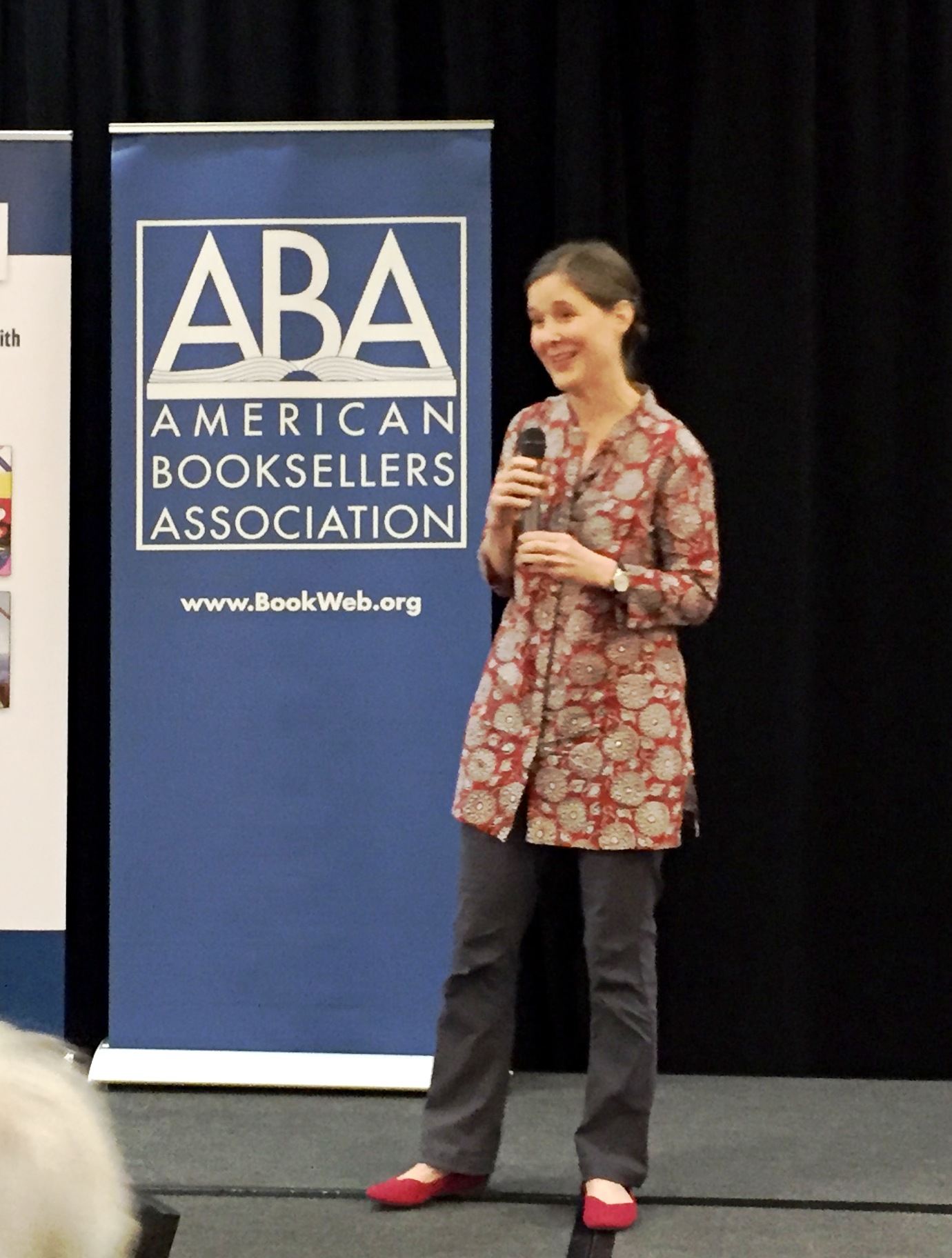

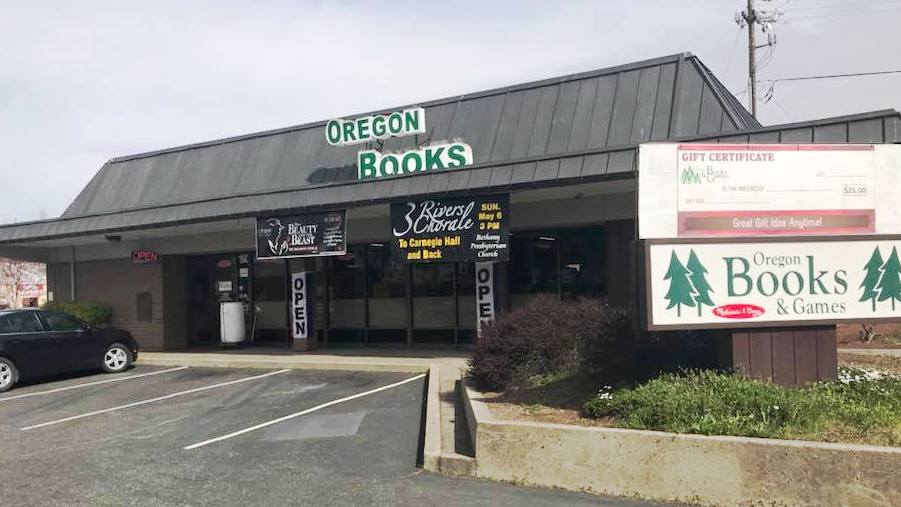
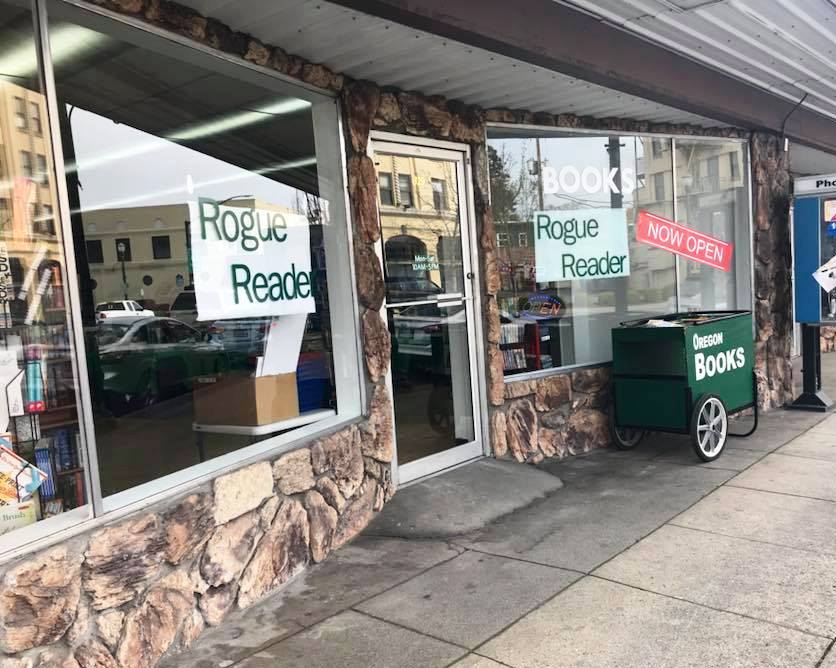


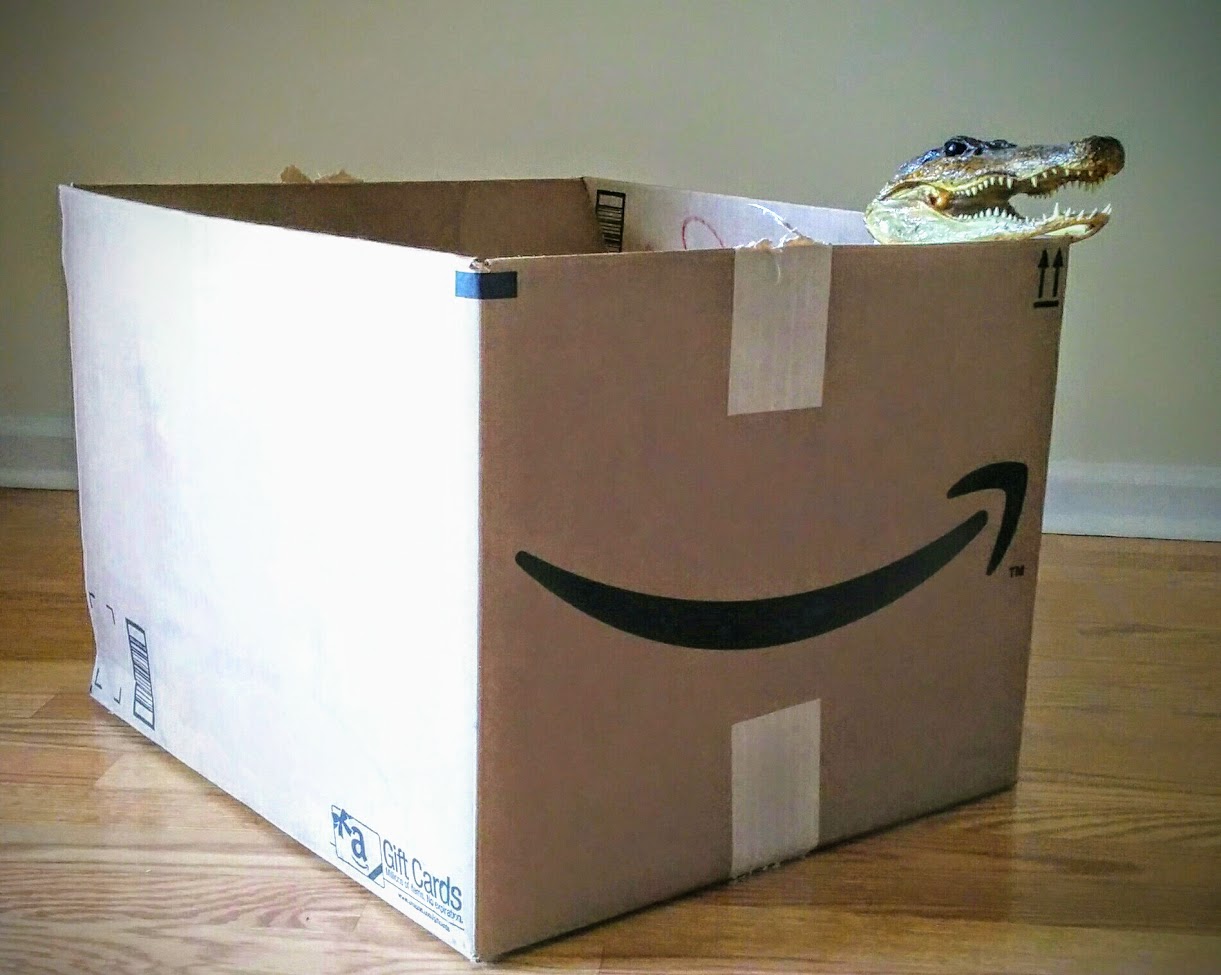 AAP also highlighted that Amazon and other platforms facilitate transactions for "unauthorized books." It wrote that Amazon enables "widespread counterfeiting, defective products, and fake reviews that both degrade the consumer experience and diminish the incentives of authors and publishers to create new works and bring them to the marketplace."
AAP also highlighted that Amazon and other platforms facilitate transactions for "unauthorized books." It wrote that Amazon enables "widespread counterfeiting, defective products, and fake reviews that both degrade the consumer experience and diminish the incentives of authors and publishers to create new works and bring them to the marketplace."IPC.0211.T4.INDIEPRESSMONTH.gif)
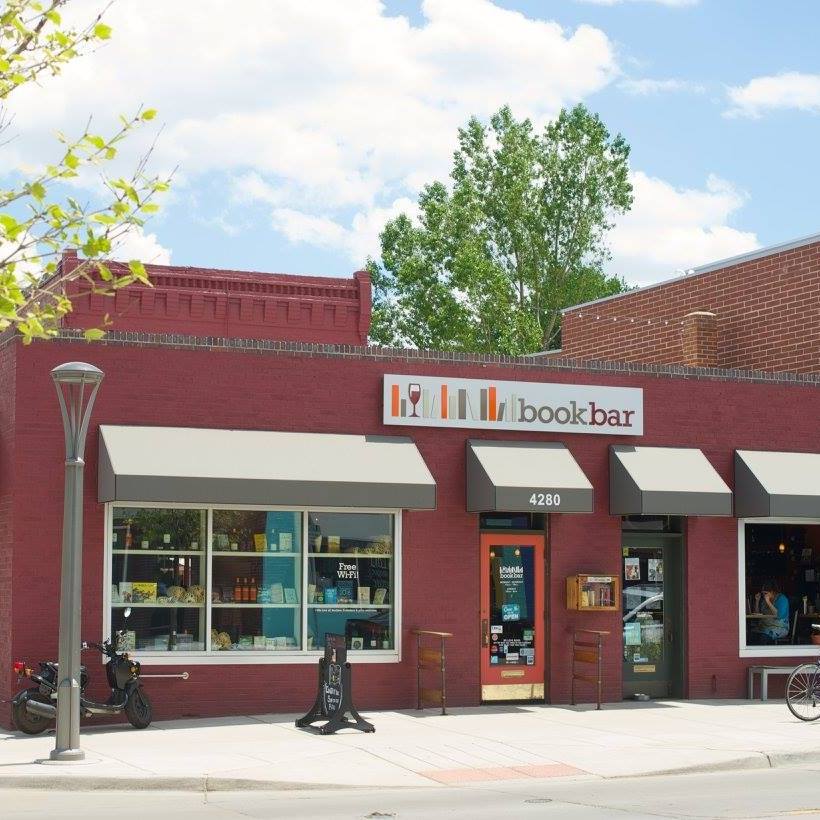
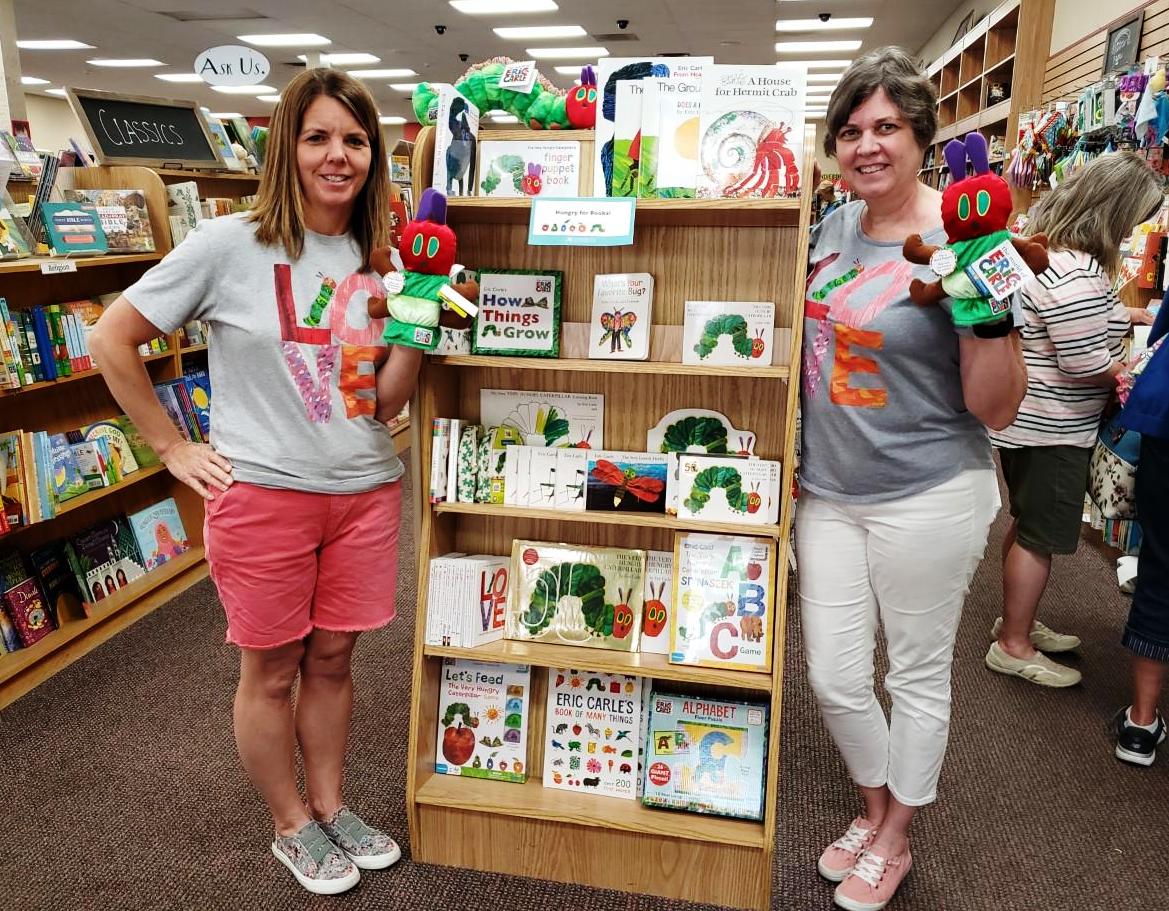 At
At 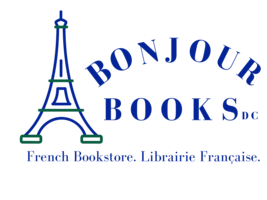 This afternoon,
This afternoon, 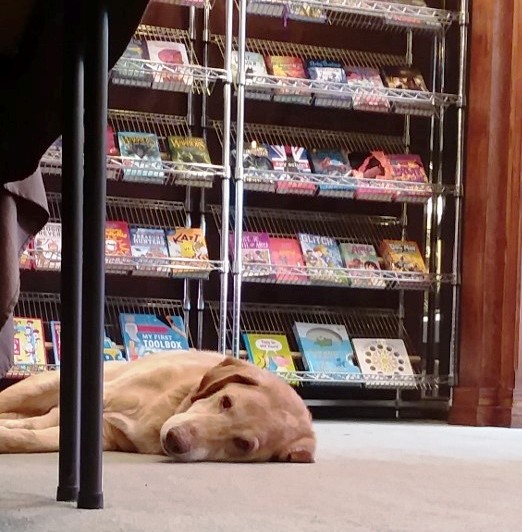
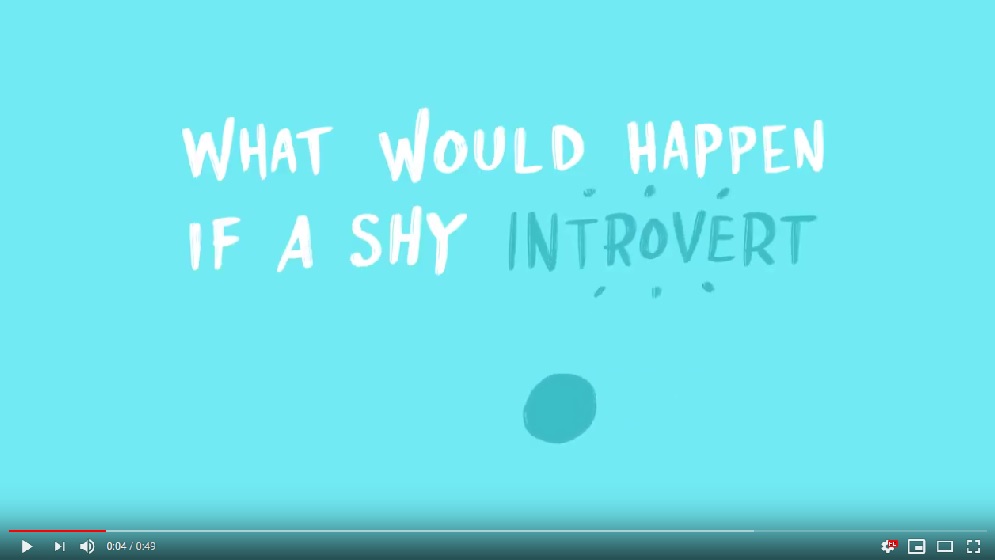 Sorry I'm Late, I Didn't Want to Come: One Introvert's Year of Saying Yes
Sorry I'm Late, I Didn't Want to Come: One Introvert's Year of Saying Yes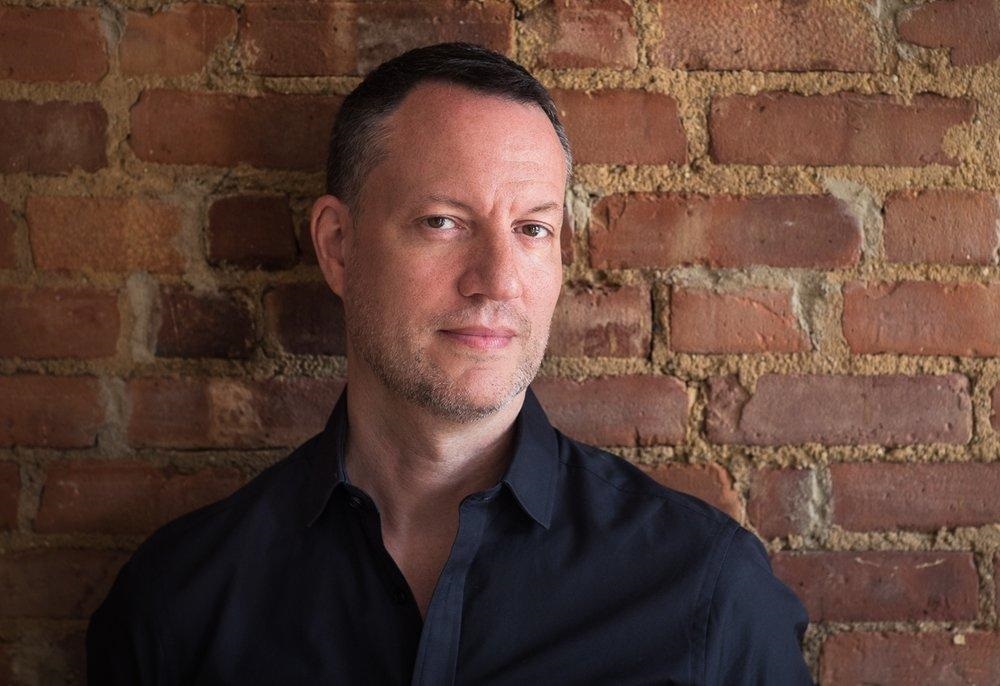
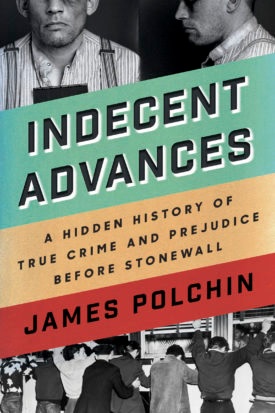 Book you're an evangelist for:
Book you're an evangelist for: